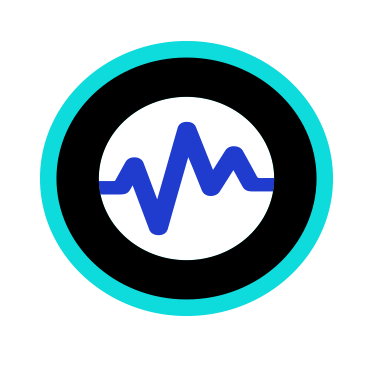Industry players warn that while voice technology has the ability to reach a larger audience, it must be implemented with privacy as a top priority.
Vanderbilt University Medical Center will take a major step next month to make this vision a reality with the launch of a pilot to demonstrate a prototype of such a system, which leverages Nuance’s AI-based Dragon Medical Virtual Assistant technology integrated with VUMC’s Epic EHR.
The U.K.’s National Health Service (NHS) has partnered with tech giant Amazon to enable patients to access verified health information using Alexa devices.
“As we’ve seen how voice has sort of become this sort of natural technology that we’ve seen in the consumer space, there’s a power to bring that exciting effort to what’s happening in the consumer domain into health care,” said John Brownstein, chief innovation officer at Boston Children’s Hospital.
Saykara today announced the release of Kara 2.0, an AI-powered healthcare assistant that further simplifies the documentation process for physicians.
As the technology matures, digital assistants offer plenty of promise for healthcare organizations.
On the latest episode GeekWire Health Tech podcast, we have the second installment in a two-part series on the rise of voice assistants in healthcare. We’ll hear from Saykara and Tuzag, two Seattle-area startups that are creating a future where voice assistants make healthcare more human by freeing doctors from their keyboards and even forming relationships with patients.
In the future, nearly twice as many millennials will interact with voice assistants on a monthly basis in-comparison to their Generation X counterparts. This means that digital voice assistance has the potential to become mainstream and do some amazing things in the process.
“Smart speakers have a huge opportunity to become the medical hub of the home,” said John Brownstein, chief innovation officer at Boston Children’s Hospital. “It’s important to start benchmarking the ability of these tools to understand medical terms so they can continue to evolve to serve patients.”
Home devices that use AI may be able to pick up signs of distress and call for help.










